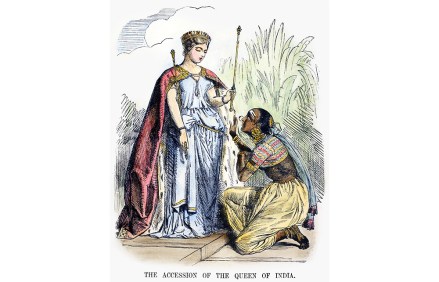The British Empire’s latest crime – to have ended the Enlightenment
What is the Enlightenment, and when did it come to an end? Neither are easy questions to answer. The Enlightenment, as a historical phenomenon or a phenomenon of ideas, coalesced into an attempt to rid humanity of rigid superstitions and fanaticism and liberate it from tyranny of every sort. Its first movements were discernible in Europe in the 17th century, and it became a continent-wide experiment of thought in the following one. But when did it end – as the title of Richard Whatmore’s book takes for granted? There’s a good case for stating that it never came to an end. Once tyranny and religious certainty were dismissed as universal



